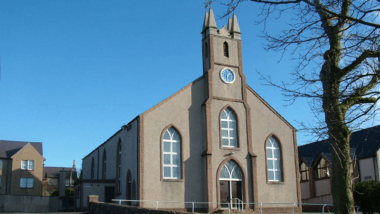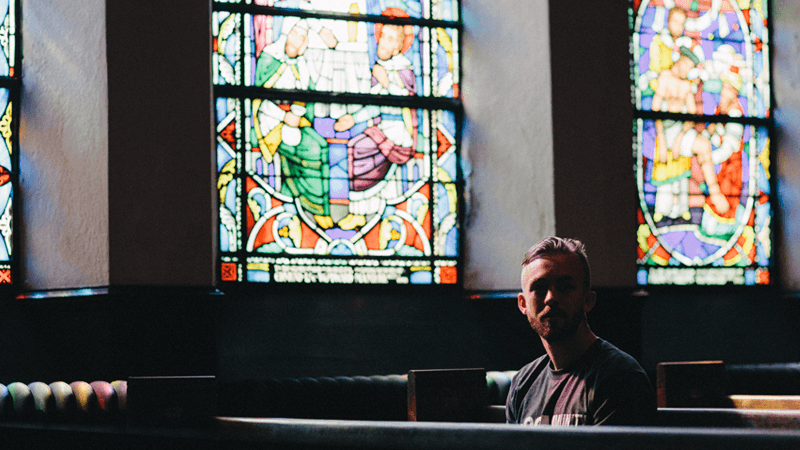The Westminster Government is facing possible legal action over its decision to close places of worship during the second lockdown in England.
More than 100 leaders from a variety of Christian denominations are seeking a judicial review, saying the ban on public worship is “unlawful” because it breaches Article 9 rights on freedom of religion.
Article 9 of the European Convention on Human Rights states that everyone has the right “to freedom of thought, conscience and religion”, including the freedom to manifest that belief “either alone or in community with others and in public or private”.
‘Terrible human cost’
The leaders are also challenging the Welsh Government’s ban on public worship which was in place during its 17-day ‘firebreak’ lockdown.
The legal action states: “The English and Welsh Governments have now introduced two successive sets of lockdown measures which have completely prohibited and criminalised public communal worship, a core aspect of religious life for the Claimants and their congregations.
It adds: “With these measures, the Governments have inflicted a terrible human cost, without rigorous consideration of less onerous restrictions, and as part of a package which leaves places of worship open for secular activities.”
‘Never in our history’
Pastor Ade Omooba MBE, co-founder of Christian Concern, which is supporting the challenge, said: “We have been left with no alternative but to pursue a judicial review on this crucial issue and at this significant moment for the freedom to worship in church in this country.
“We call on the government to recognise the vital importance of church ministry and the principle of church autonomy from the state.”
He added: “Never in our history have our churches closed – not during wars, plagues or famines. Instead we have been places of respite and hope.
“The government seems not to understand the very important and long held constitutional position of the independence of church and civil government.”
‘Freedom of worship’
Former Bishop of Rochester Michael Nazir-Ali stated: “Church leaders recognise the seriousness of this pandemic, and that the government need to take the best scientific advice about the measures that are necessary to prevent the spread of the virus, especially to vulnerable groups.
“This task has to be held in tension with the ancient liberties of the church which have been won through hard struggle over the course of our history. These liberties include freedom of belief, expression and worship.”
“The principle of the freedom of worship needs to be maintained and churches have been assiduous in maintaining safety in buildings and among worshippers.
“There is widespread unease among many church leaders about the lack of evidence and consultation regarding the ban on collective worship. Church leaders see collective worship, not as an optional extra, but as vital to the mental and spiritual health of believers, especially for the lonely and vulnerable.”
Weak evidence
A spokesman for the Ministry of Housing, Communities and Local Government said: “The Government doesn’t take imposing further restrictions lightly” and claimed the restriction is “vital” in tackling the spread of the virus.
This is despite admissions from the Government’s scientific advisers Sir Patrick Vallance and Professor Chris Whitty that the decision to close places of worship is not based on clear evidence.
In a meeting with the Science and Technology Committee in Westminster, the advisers accepted that what little data existed to support the action was “very weak”.

Church leaders call for U-turn on church service ban
‘Keep churches open’, CI urges Govt
MPs pile pressure on Government over church closures
Nearly 700 church leaders urge politicians: ‘Don’t close our churches again’

